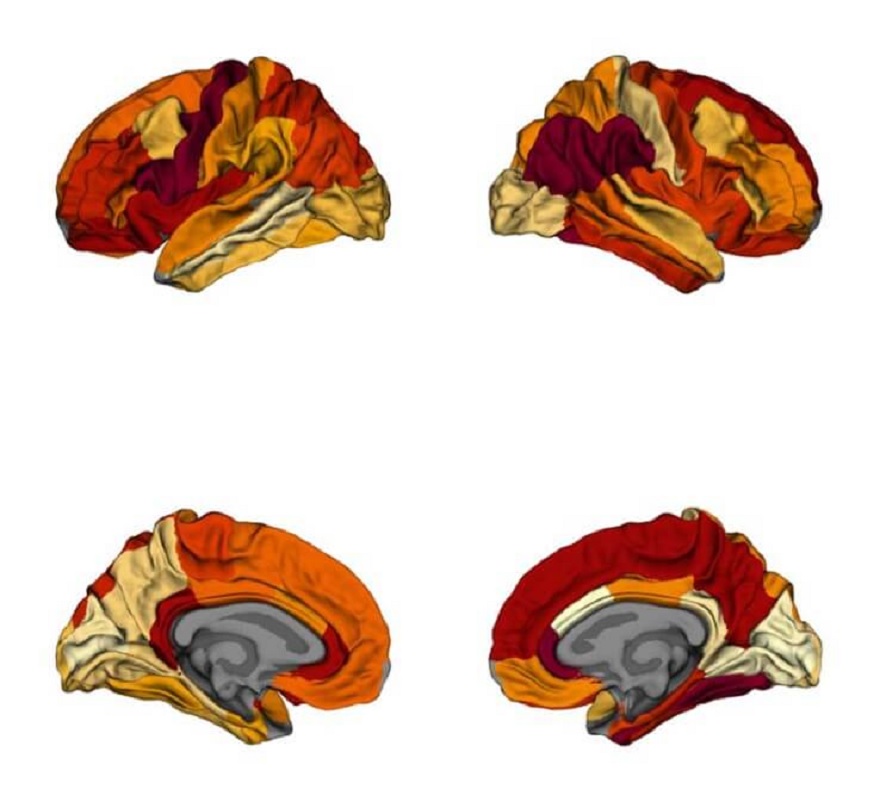Obesity can 'cause symptoms similar to Alzheimer's disease'
Although obesity and Alzheimer's disease have previously been associated, this is the first study to directly compare the patterns of brain shrinkage in Alzheimer's and obesity
The long-term effects of obesity on heart health are frequently the first side effects that come to mind. Experts now caution that being overweight might also have harmful effects on the brain.
A recent study published in the Journal of Alzheimer’s Disease found that obesity can cause symptoms that are commonly present in people with Alzheimer's disease.
In the right temporoparietal cortex and left prefrontal cortex of the brain, it has been discovered that obesity and Alzheimer's disease both cause grey matter to shrink. Hence, researchers assert that decreasing weight may slow cognitive decline and reduce the risk of dementia. According to McGill University researchers at the Montreal Neurological Institute-Hospital, obesity and Alzheimer's disease (AD) may both result in the same kind of neurodegeneration.
Although obesity and Alzheimer's disease have previously been associated, this is the first study to directly compare the patterns of brain shrinkage in Alzheimer's and obesity. Similar to Alzheimer's disease, obesity is linked to amyloid- buildup, which causes the brain to degenerate, and cerebrovascular impairment that affects blood flow in the brain.
It has already been said that obesity is a multisystem disease that affects the heart, lungs, stomach, and colon. This study, according to scientists, sheds further light on how it affects the brain.
“Our study strengthens previous literature pointing to obesity as a significant factor in Alzheimer’s disease by showing that cortical thinning might be one of the potential risk mechanisms,” said Filip Morys, a PhD researcher at The Neuro and the study’s first author, in a statement.
“Our results highlight the importance of decreasing weight in obese and overweight individuals in mid-life, to decrease the subsequent risk of neurodegeneration and dementia.”
The researchers mapped the shrinkage of grey matter in Alzheimer's patients, a healthy control group, obese people, and non-obese people. Almost 1,300 people were sampled for grey matter atrophy, and their results were compared to those of obese and Alzheimer's patients.
-
Can brain stimulation make people kinder & less selfish? New study offers hope
-
Mariah Carey details 'hardest' bipolar disorder experience
-
Pink reveals health routine for asthma management
-
Gigi Hadid talks about 'relieving tension' amid having Hashimoto's disease
-
Selena Gomez explains why she thought lupus was 'life-or-death'
-
How Kim Kardashian made her psoriasis ‘almost’ disappear
-
Nick Jonas gets candid about his type 1 diabetes diagnosis
-
Sir Jackie Stewart’s son advocates for dementia patients













